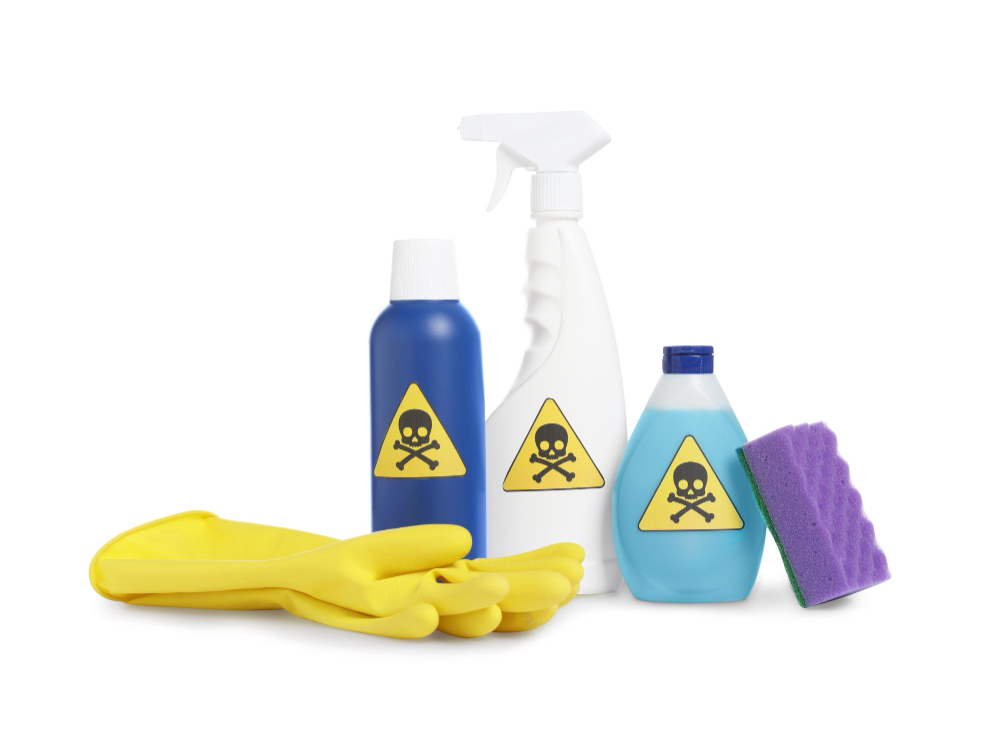Preventing Home Poisonings: A Guide to Safe Handling and Storage of Everyday Items

Annually, over 4,000 Canadians tragically lose their lives due to poisoning, a figure that now exceeds deaths related to transportation in the country. With the presence of numerous potential poisons like medications, household cleaners, and cannabis products in our homes, it’s crucial to understand the safe handling and storage of these items, as well as the appropriate actions to take if poisoning occurs.
Identifying Potential Poisons in Your Home
A variety of everyday items can pose poisoning risks:
- Medications are the leading cause of poisoning, with pain relievers being the most common culprit. Incorrect use or accidental intake of prescription and over-the-counter drugs can lead to serious consequences.
- Household Cleaners may look appealing to children due to their bright colors but can produce harmful chemicals when mixed.
- Cannabis Products, especially edibles, can be mistaken for regular snacks by children, leading to severe symptoms like drowsiness or even coma.
- Laundry Detergent Pods resemble candies or toys and pose risks if ingested or if their contents contact the eyes. They are also a hazard for older adults with dementia.
- Personal Care Products containing alcohol, such as perfumes and hand sanitizers, can be hazardous if ingested by children.
- Indoor Plants can be toxic. It’s advised to keep name tags on plants and teach children not to ingest parts of plants without adult supervision.
- Wild Mushrooms should be avoided as they can be easily confused with safe varieties. Regularly check outdoor play areas for mushrooms and remove them.
Preventing Poisoning in Your Home
To safeguard your home against poisoning:
- Store potentially harmful products out of reach and sight, preferably locked up, and always return them to their storage place after use.
- Maintain products in their original packaging to prevent misuse and to have important information readily available in case of emergency.
- Adhere strictly to usage instructions to prevent accidents, including avoiding the mixing of cleaning products and keeping cannabis products and e-cigarettes away from children.
- Protect your household from carbon monoxide (CO) poisoning by installing CO alarms on every floor and near sleeping areas, regularly replacing batteries, and never using propane products or generators indoors.
What to Do If Poisoning Occurs
Having a plan for poisoning incidents is vital:
- If you suspect poisoning, immediately contact your local poison centre at the toll-free 24/7 number, 1-844-POISON-X (1-844-764-7669). In cases of loss of consciousness or difficulty breathing, call 911 without delay.
- Be aware that only 18% of Canadians are familiar with local poison resources, emphasizing the need for increased awareness and education on this critical issue.
By recognizing potential poisons, taking proactive measures to prevent poisoning, and knowing how to respond in case of an emergency, we can significantly reduce the risk of poisoning in our homes.
